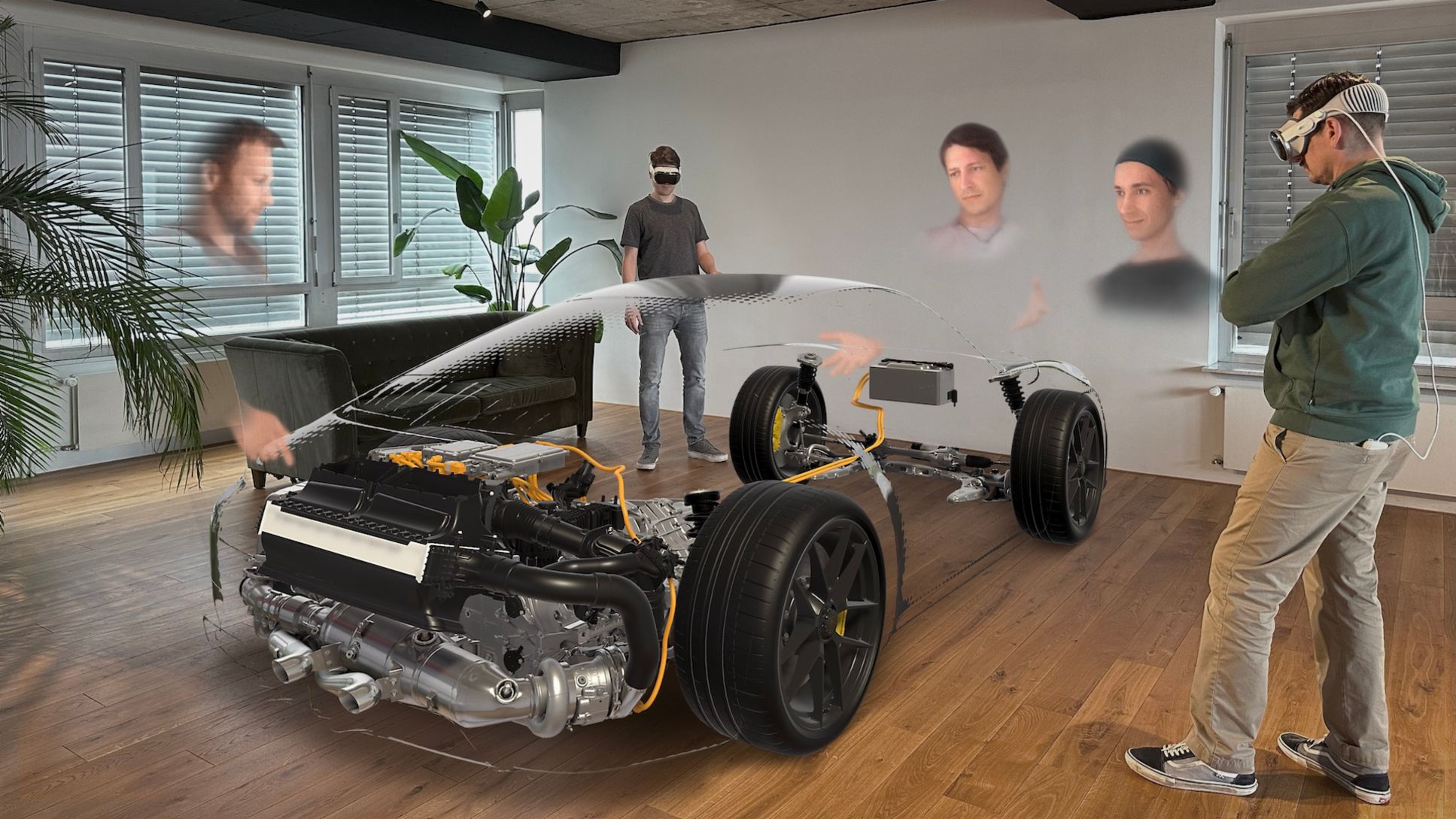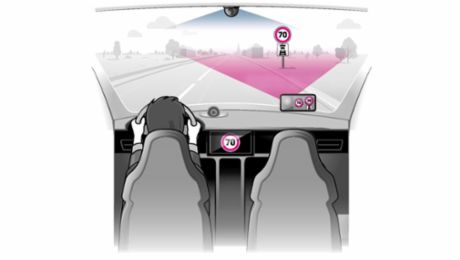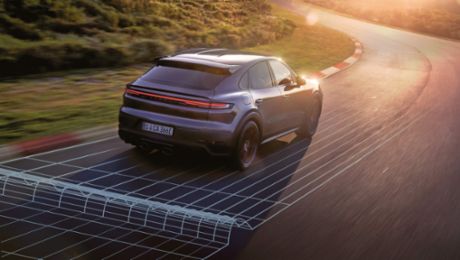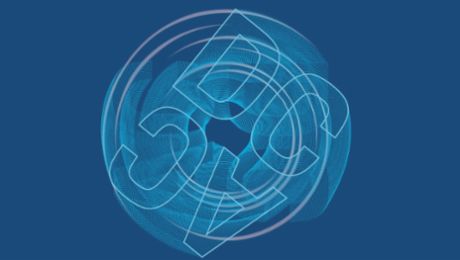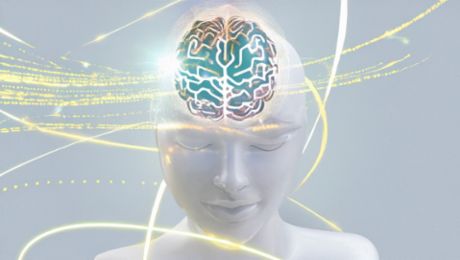As flat screens – first televisions and monitors, then smartphones and tablets – have played an ever bigger role in our day-to-day lives, we have grown used to information being presented to us in two dimensions. Recent advances in spatial computing and wearable electronics have brought the third dimension into play – and Porsche is aiming to lead the way in making use of them.
Incredible level of detail made possible
This summer, as journalists gathered at Spain’s Ascari circuit for a media drive event with the new 911 Carrera GTS, they were provided with Apple Vision Pro to experience the sports car. Groups of 15 at a time were invited to take a peek under the exterior as Porsche engineers explained the details of the new T-Hybrid system at the heart of the new model. The presenters and their media guests were able to do things that have never been possible with a traditional presentation, deconstructing the car down into its individual systems and components, lifting it up to see its underside and even spinning it around to see the aerodynamics at work – all in incredible detail thanks to Apple’s spatial computing technology.
Visualising details effectively and quickly
The T-Hybrid technology is as sophisticated as it is powerful and, for Matthias Hofstetter, Director Powertrain Product Line 911, being able to explain it accurately, effectively and quickly, with near-perfect visuals, was a pivotal moment.
“There are always questions at the end of a workshop and, in this case, they were very precise and demonstrated a clear understanding of the technology,” says Hofstetter. “This allowed us to focus on the core issues and not one piece of coverage I read afterwards misinterpreted the complex information we had shared. For me, that equals success. And the feedback from the media was unanimous – that Porsche had set the bar high.”
The immersive presentation also proved game-changing for some of the journalists who attended, including Henry Catchpole, who produces videos for Hagerty. The British writer and presenter was able to quickly understand the new T-Hybrid system – and use the high-resolution graphics of Apple Vision Pro to better explain it in his coverage.

“For the Hagerty editorial films we’re always looking for new and visually interesting ways to get information across to the viewers. As such, the augmented reality room was a perfect way to demonstrate what’s under the skin of the 911 GTS T-Hybrid,” explains Catchpole. “It made some quite complicated technology much easier to communicate to the audience. ”
The ability to generate such detailed, immersive visuals and then share them with media – and ultimately with customers – is just one of the ways that the technology has advanced since Porsche first dipped its toes in the world of augmented reality with the Taycan AR Event App a few years ago. That used augmented reality to look ‘inside’ the Taycan to explore the engineering and technical features using iPhone.
Apple's Persona and SharePlay
And Porsche plans to take this experience a bold step further: Porsche is set to use Apple’s spatial Persona and SharePlay to bring media guests together remotely, from wherever in the world they may be. In testing this experience, guests will be able to join technical deep dives from anywhere in the world and interact and exchange with others as if they’re together in the same room.

It may not mean the immediate end of the 2D presentation, but one thing is for sure: spatial computing has the potential to open up exciting new ways of communicating and sharing – whether it’s with media, dealers, colleagues or customers.
